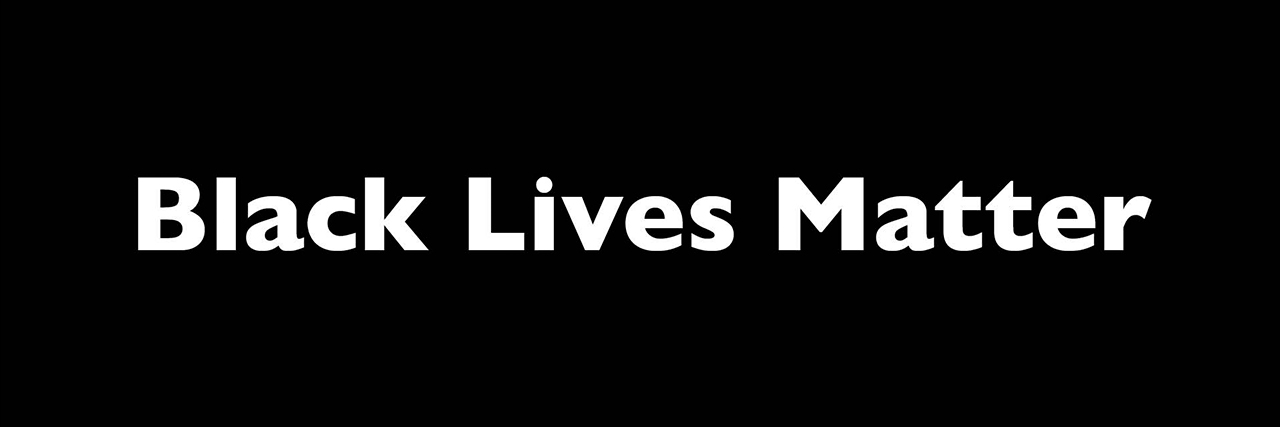
Over the past few weeks and months, we have watched the tragedy of the murders of Ahmaud Arbery, Sean Reed, Breonna Taylor, Tony McDade and George Floyd be compounded by white supremacy in our institutions—police, district attorneys, courts—which have sought to protect perpetrators from consequences, as well as in politicians who stoke divisiveness, allow the police to murder, and empower militarization of our cities. This most recent violence against Black lives comes at a moment when communities of color are already facing disproportionate hardship and loss of life during the COVID-19 pandemic due to decades of racist health and economic inequities.
The upheaval at many of the past week’s protests is a clear symptom of the trauma of systemic racism that has harmed people of color for hundreds of years—trauma that our city and our nation as a whole have ignored. As anyone working in the education field can attest, ignoring a student’s trauma does not make it go away. Responding to that trauma with punitive and violent actions as the NYPD has since its inception by disproportionately policing Black and brown bodies, and which it did again with brutal responses to protesters this past weekend, serves only to deepen wounds and push us off the path to restorative justice. Pulling resources away from holistic services like education, mental health support, family crisis intervention, and other health services while maintaining spending on policing and mass incarceration will neither help traumatized individuals nor make communities of color safer.
We stand with communities of color and with Black Lives Matter activists and protesters.
We also recognize the role we play in what we are seeing in the world today. Over the life of this organization, we have not done enough to dismantle white supremacy. By not engaging with race and identity, by working within a system that is designed to fail Black and brown students, our support to schools was missing what is at the root of this crisis. Over the past few years, we have come to see the ways our approach must change. As an organization, we recognize that the work of dismantling white supremacy must begin with ourselves. We are actively engaged in a process of identifying the ways our actions and organizational structures serve to either replicate or disrupt racism so that we can make concrete changes.
Here’s what we are doing:
- Enacting restorative conversations in our organization to address past and current harms and work together to strengthen relationships
- Examining our internal structures with an equity lens to surface systemic issues
- Centering our work with schools on culturally responsive sustaining education
- Developing more concerted efforts to center the voices of students of color and their communities in planning our programs and support to schools
- Deepening the research base we draw from in our work, which we recognize has an over-representation of white males and an under-representation of a critical lens of racial equity
- Reviewing all of our new publications to examine how issues of inequity and racism are addressed or omitted
- Studying and raising awareness of inequities in the communities where we work as well as their strengths in order to provide context and backdrop for school change
- Forging partnerships with organizations working on culturally responsive-sustaining education to help strengthen and align our efforts
This is a journey that has no finish line but it is one we are committed to walking together.
